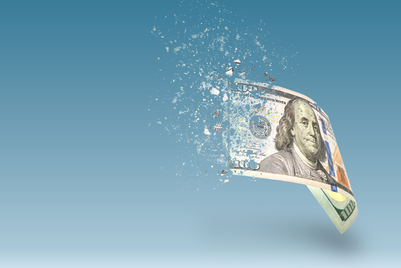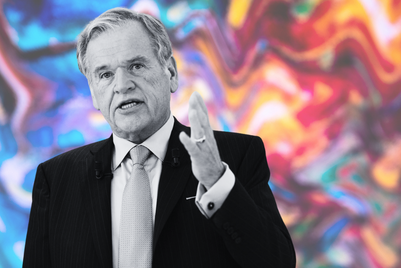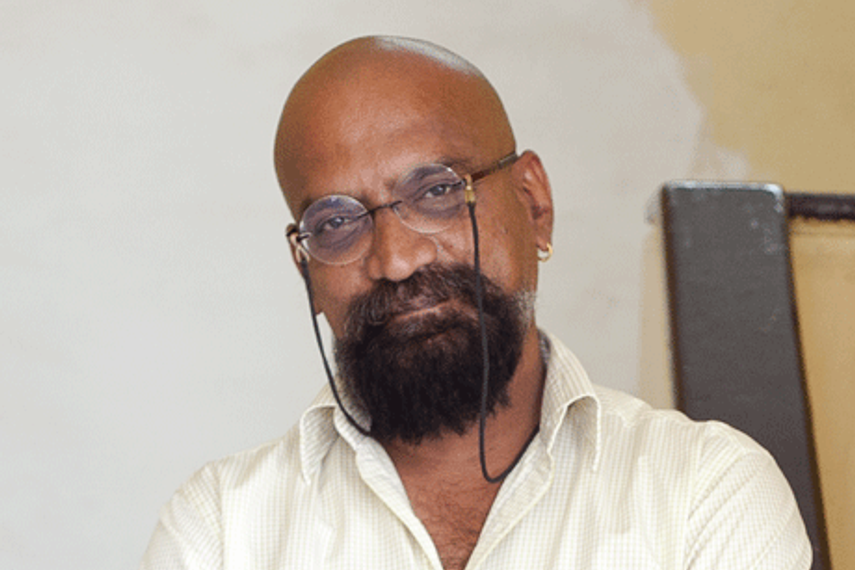
Why did you want to join advertising?
In those days, English was humanities and Science and Maths was engineering. I enjoyed both and I was good at both. In those days, there was no career path if you wanted to be a writer. You could be a journalist – a very poorly paid journalist – working for The Hindu (I had an uncle who was doing that). My dad suggested that since I’d already read most of what would be in the curriculum were I to go into literature, perhaps I could study engineering instead, which would open up options – he said I could always write if I wanted to after that. So I joined College of Engineering Guindy in Chennai, but in my third or fourth year, I discovered there was this other fun sounding thing called advertising, where you write these clever lines and zippy headlines for print ads. By the time I finished college, I was very clear I wanted to be in advertising. My first job was with Clarion in Bangalore, writing lots and lots of technical leaflets for all their engineering clients. After 6 months, I realised that this is no fun, and quit and came to Mumbai. After a long interview process, I joined Clarion here in 1981, and after that it just continued.
What was advertising like back then?
For me, it was amazing. I came to Clarion Mumbai when it was going through a huge catharsis. There was absolutely nobody; there was Krishnan, who was one of the legends in those days, and I was practically the only copywriter in the agency. He used to sit with me, handhold me and coax work out of me. I was talking to marketing heads, to Krish – the opportunity to learn was amazing. A couple of years later, I went back to Bangalore to Hindustan Thompson Associates. Thomson Bangalore was a very young office, and the city was just a developing advertising centre. A lot of young guys from Mumbai who got married came running to Bangalore. There were good clients like Brooke Bond and Lipton, so the quality of advertisers and the people was good; and the pub culture was just coming up. I spent about five years in Bangalore. By that time, film had become the primary medium and I enjoyed writing films a lot and wanted to get more into that. And I realised I was spending two-thirds of my time in Mumbai in any case, so I decided to shift back, which is when I came to Lintas around 1991, and was with them for a year and a half. I would have stayed on happily there except that Arvind Sharma who was an old friend we were in touch with (we were all young turks who were going to change the industry), said that we always wanted to start our own agency and have fun, and Chaitra (the former Leo Burnett) was it. He said that we could do whatever we liked, except change the name. We really had a blast for 7-8 years. At the end, Leo Burnett was going a different way and I wasn’t entirely happy with the way things were going – the whole madness of awards and scam had started, and Leo Burnett was one of the pioneers. But that wasn’t my trip. So increasingly I was getting a little disenchanted, but Leo Burnett was far too close to my heart for me to leave it for another agency. I wasn’t getting any younger, and now seemed a great time to step out, and try my hand at filmmaking.
What was the filmmaking experience like when you set up Persistence of Vision?
Great fun. It lasted for 3 years. I used to do a lot of work on LG. I had done the Balbir Pasha campaign and VIP ‘Bye Bye’. People who worked with me, like Balki, Pops, Priti, Aggie, were very few in number and they were very comfortable with me. Very often Balki would just give me one line, and I would detail it out. But it was execution, and not ideation. That was one of the problems I experienced after three years. The second thing I realised is that I’m not a filmmaker, but a storyteller. If I don’t like the story, I don’t know what to do with it. I’m not one of those guys who can make it look good. Third, feature films weren’t my cup of tea. So, I thought this is enough, and then Rediffusion happened out of the blue.
What was it like at Rediffusion?
Preet Bedi called up and Airtel was the obvious attraction, because telecom was just beginning to boom and it was going to get as big as it gets. So I joined and working on Airtel for 3.5 years was phenomenal. The industry was going through a shift – all the rules of consumer marketing like one positioning etc were being reinvented as we were going along.
What happened at Rediffusion and how did Ulka happen?
Rediffusion was a bit of an unfortunate thing, because people started moving out. Preet left and Arun Nanda brought in Mahesh Chauhan. That was an equation that would never work; Mahesh is a very nice guy and a good friend of mine, but temperamentally we’re very different people. So I thought it’s better that I chill and figure out what I want to do; it was a very amicable parting of ways. I wrote a screenplay for PVR (which hasn’t got made), and made some more ad films as well.
By the time the Ulka offer came, I was quite pissed off with the scams and all that crap: I had done it in Leo Burnett extremely successfully, and again at Rediffusion, but it’s not an occupation for a grown man. So strangely, the fact that Ulka said, “Our business is our business, we don’t believe in all this” is what attracted me.
What was the mandate given to you?
Don’t f*** up our culture. We believe in accountability, we believe in delivering results, but we believe great creative is the only way we can deliver.
You mentioned in an interview that you worked with three clients in your time on Airtel. What are your views on clients’ tenures?
I worked with Atul Bindal, Hemant Sachdev, and Gopal Vittal in my three years on Airtel. Today, it [changes on the client’s side] happens a lot. Traditionally, at Ulka it doesn’t happen. Our clients are like us – they stay put, we stay put, it’s a long term marriage. And there’s a lot to be said for that, because these are the guys who truly care about the brand, they aren’t here to score brownie points and aren’t looking at their next career jump. One of the reasons why scams have become institutionalised and official was because there were a lot of clients who sanctioned them. Yes, it would be nice to have a few clients who are hungry for awards, I wouldn’t say no. But the basis of our business is creating brand wealth, and we genuinely believe in that.
What would you count as success stories in your career?
Obviously Docomo is the biggest one. Tata Motors is shaping up to be another very big success story. Zee is another of our big clients, which isn’t very high profile, but now we’re working on a fairly big brand campaign for them. Hero Honda has been a fairly important client for us. Naukri as well. Then there is Whirlpool which we’d lost and got back and now we’re doing some nice work with the new modern Whirlpool woman.
Airtel was a great experience. Thums Up in Leo Burnett is still going strong; essentially the campaign hasn’t changed. All the Thomson campaigns are still running. I believe the true sign of a successful campaign is something the client cannot, or will not or doesn’t want to change. Increasingly, it’s becoming difficult, because big ideas are no longer relevant; it’s more about the way you engage people, because they want something new every day.
What’re your views on advertising these days?
It’s a great profession. I think there’s a lot of room for an agency to earn respect. But we are shooting ourselves in the foot every single day. We undercut each other, we behave like whores, and then we complain that we are treated like whores. At Ulka, we don’t take on businesses that are unviable, and that doesn’t let us provide a certain standard of service and involvement.
THE WORK
Manza meets Tanuka-san- And vice versa.Casting made a huge difference.


.jpg&h=334&w=500&q=100&v=20250320&c=1)

.jpg&h=334&w=500&q=100&v=20250320&c=1)

.jpg&h=334&w=500&q=100&v=20250320&c=1)



.jpg&h=334&w=500&q=100&v=20250320&c=1)
.jpg&h=334&w=500&q=100&v=20250320&c=1)
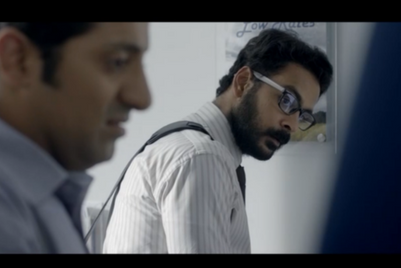
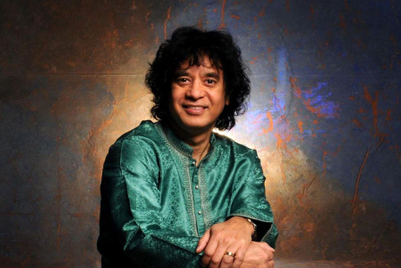
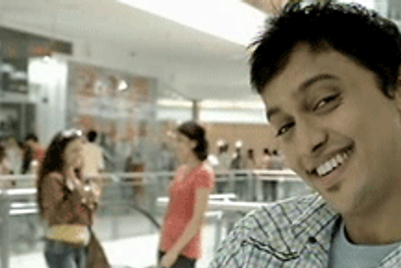
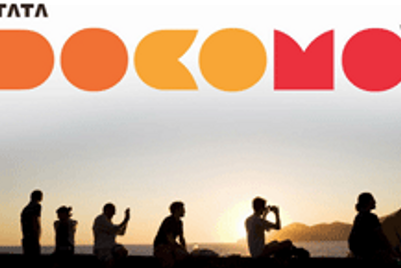
.jpg&h=268&w=401&q=100&v=20250320&c=1)
.jpg&h=268&w=401&q=100&v=20250320&c=1)
